The Greatest Female Authors in Literary History
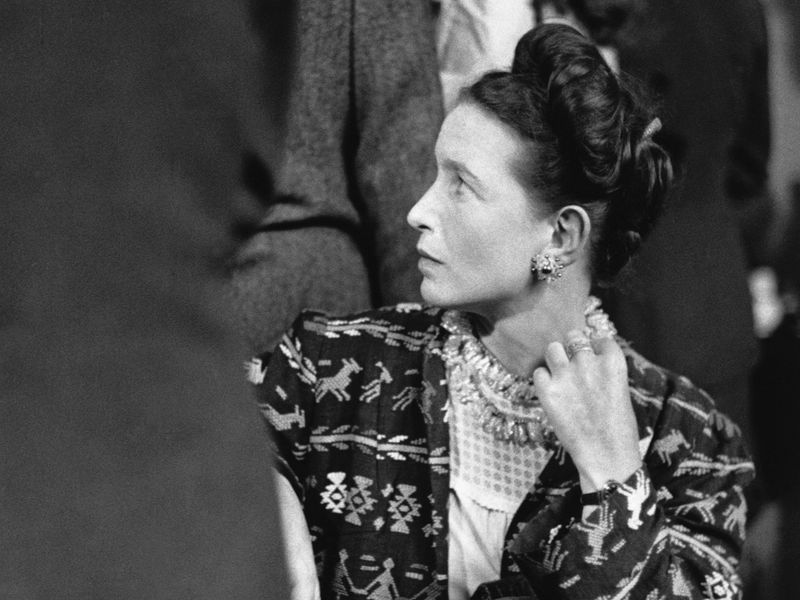
Throughout history, women have crafted stories that changed the world despite facing enormous barriers to publication and recognition. These remarkable female writers broke boundaries, challenged social norms, and created unforgettable characters and worlds. Their books continue to inspire readers of all ages and backgrounds, proving that great storytelling transcends time and place.
1. Agatha Christie
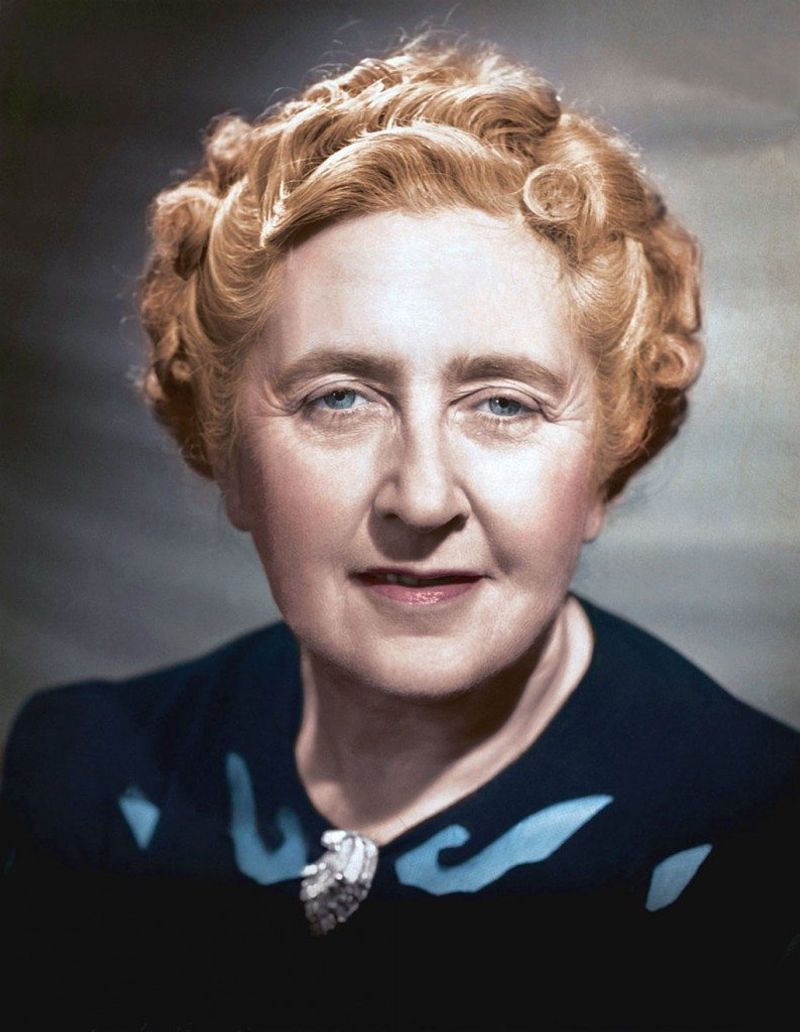
The world’s best-selling novelist crafted over 66 detective novels that continue to puzzle and delight readers today. Christie’s clever plots and unexpected twists made her famous around the globe. Her detectives Hercule Poirot and Miss Marple became household names, solving seemingly impossible crimes with wit and wisdom.
Christie herself once mysteriously disappeared for eleven days, creating a real-life mystery that remains unsolved. Fun fact: Christie’s book “And Then There Were None” has sold over 100 million copies, making it the world’s best-selling mystery ever written.
2. Jane Austen
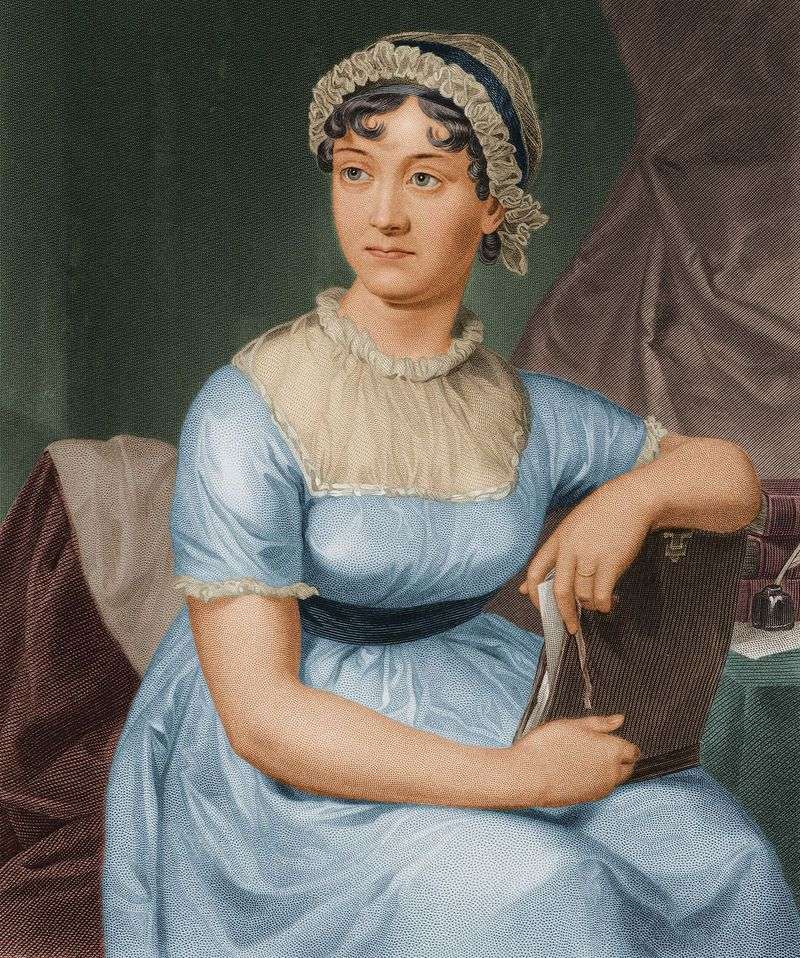
Writing in the early 1800s, Austen captured the quiet drama of English country life with razor-sharp wit. Her heroines navigate love and marriage in a society where women had few options besides finding a husband. Though she published anonymously during her lifetime, books like “Pride and Prejudice” and “Emma” are now considered literary classics.
Austen’s keen observations about human nature and relationships feel surprisingly modern. Despite living a relatively quiet life, Austen created characters so real and situations so relatable that her work remains popular over 200 years later.
3. Toni Morrison
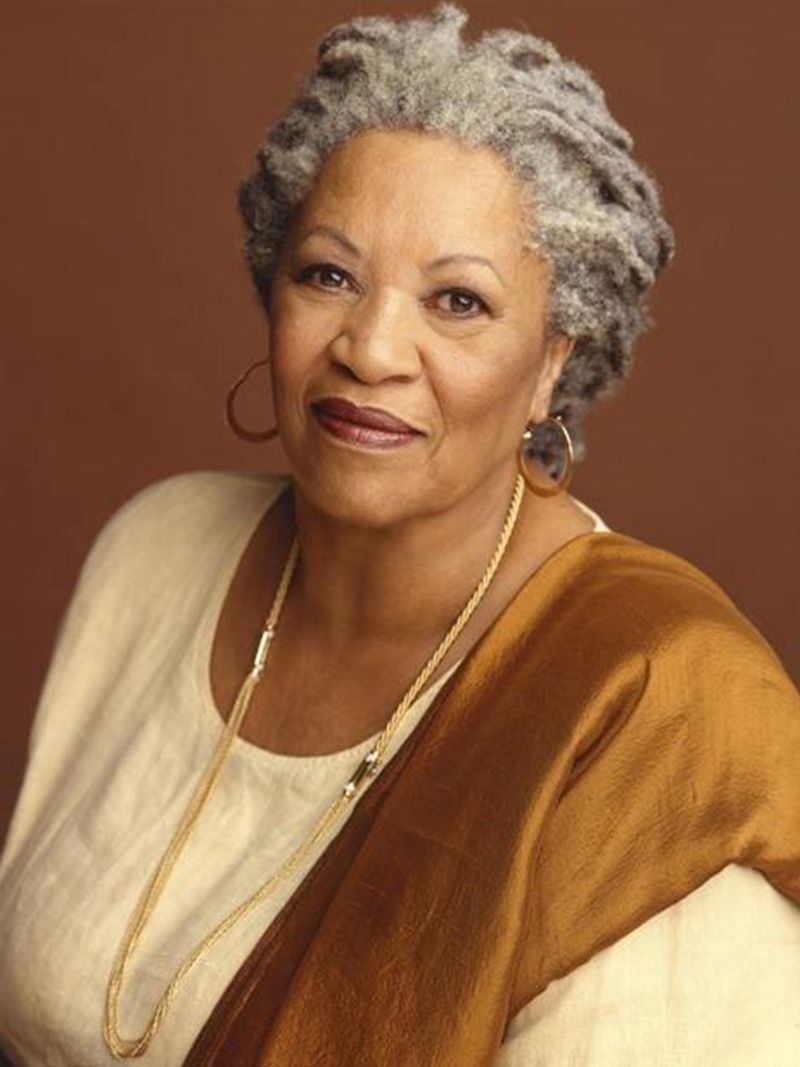
Morrison’s powerful novels explore the lives of Black Americans with unflinching honesty and lyrical beauty. Her book “Beloved,” about a formerly enslaved woman haunted by her past, won the Pulitzer Prize and is considered one of the greatest American novels.
As the first African American woman to win the Nobel Prize in Literature, Morrison opened doors for generations of writers. Her stories give voice to people often ignored in literature. Beyond writing novels, Morrison worked as an editor, professor, and advocate for bringing diverse voices into publishing.
4. J.K. Rowling

From a struggling single mother to one of the world’s wealthiest authors, Rowling’s story is almost as magical as Harry Potter’s. Her seven-book series about a boy wizard has sold over 500 million copies worldwide and been translated into 80 languages.
Rowling invented an entire magical universe complete with its own history, creatures, and rules. Children who grew up waiting for each new Harry Potter book often credit the series with making them lifelong readers. Beyond Harry Potter, Rowling has written crime novels under the pen name Robert Galbraith and continues creating stories that capture readers’ imaginations.
5. Sylvia Plath
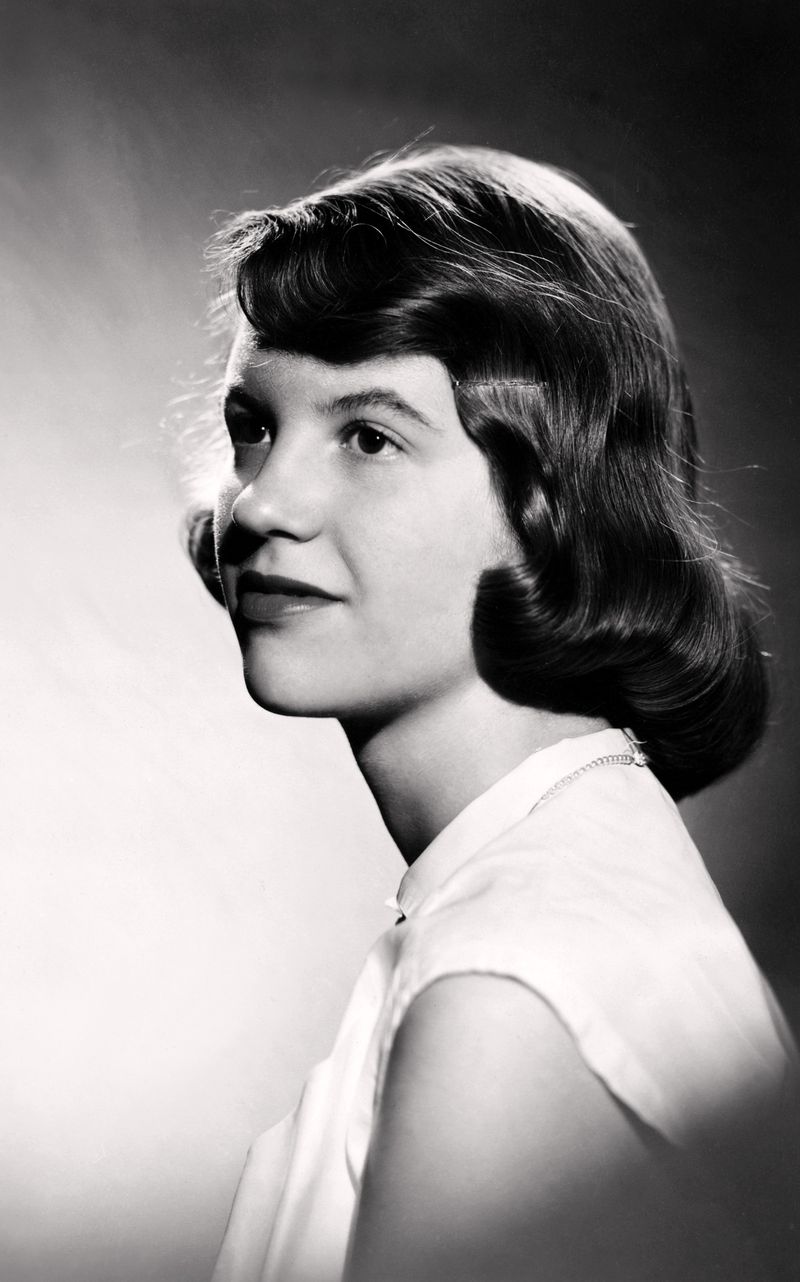
Plath’s raw, confessional poetry and her novel “The Bell Jar” capture the struggle with depression and societal expectations for women. Though she died by suicide at just 30 years old, her honest writing about mental illness helped break the silence around these topics.
Her collection “Ariel,” published after her death, is considered one of the most important poetry books of the 20th century. Plath won a Pulitzer Prize posthumously, cementing her place in literary history. Many readers find comfort in Plath’s work because she put into words feelings that seemed impossible to express.
6. Chimamanda Ngozi Adichie
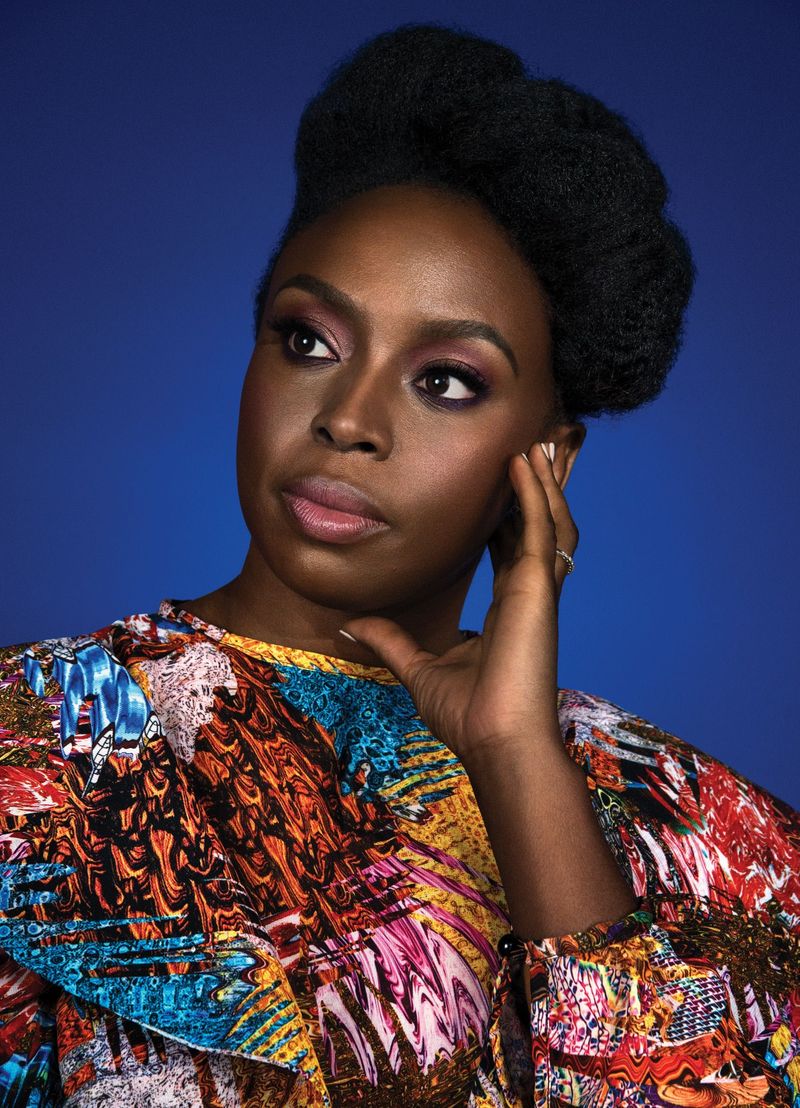
This Nigerian author writes stories that bridge cultures and challenge assumptions about race, gender, and identity. Her novel “Americanah” follows a young woman’s journey from Nigeria to America and back, exploring how place shapes who we become.
Adichie’s famous TED talk “The Danger of a Single Story” warns against reducing complex people and places to simplified stereotypes. Her essay “We Should All Be Feminists” has inspired conversations about equality around the world. Through her writing and speaking, Adichie encourages readers to question the status quo and see multiple perspectives.
7. George Eliot
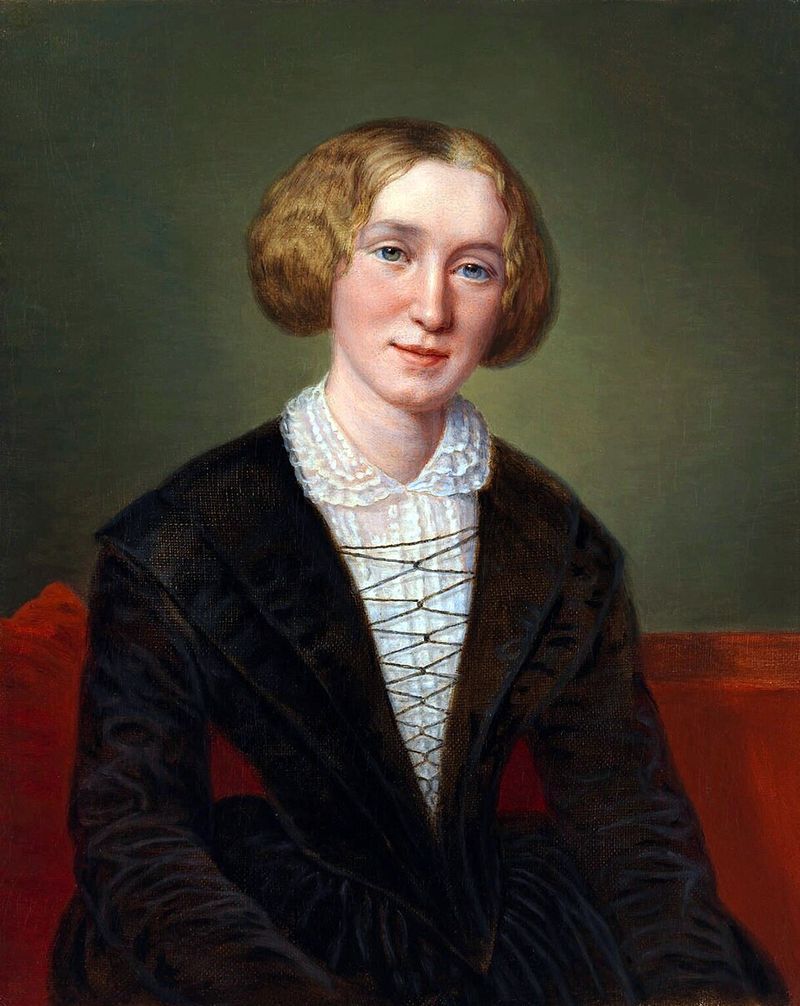
Born Mary Ann Evans, this author chose a male pen name to ensure her work would be taken seriously in Victorian England. Her masterpiece “Middlemarch” is often called the greatest English novel for its deep psychological insights and complex characters.
Unlike many writers of her time, Eliot showed ordinary people’s inner lives with remarkable understanding and compassion. She challenged social conventions both in her writing and her personal life, living openly with a married man. Eliot’s novels tackle big questions about morality, religion, and human nature while telling engaging stories about people trying to find their place in the world.
8. Charlotte Brontë
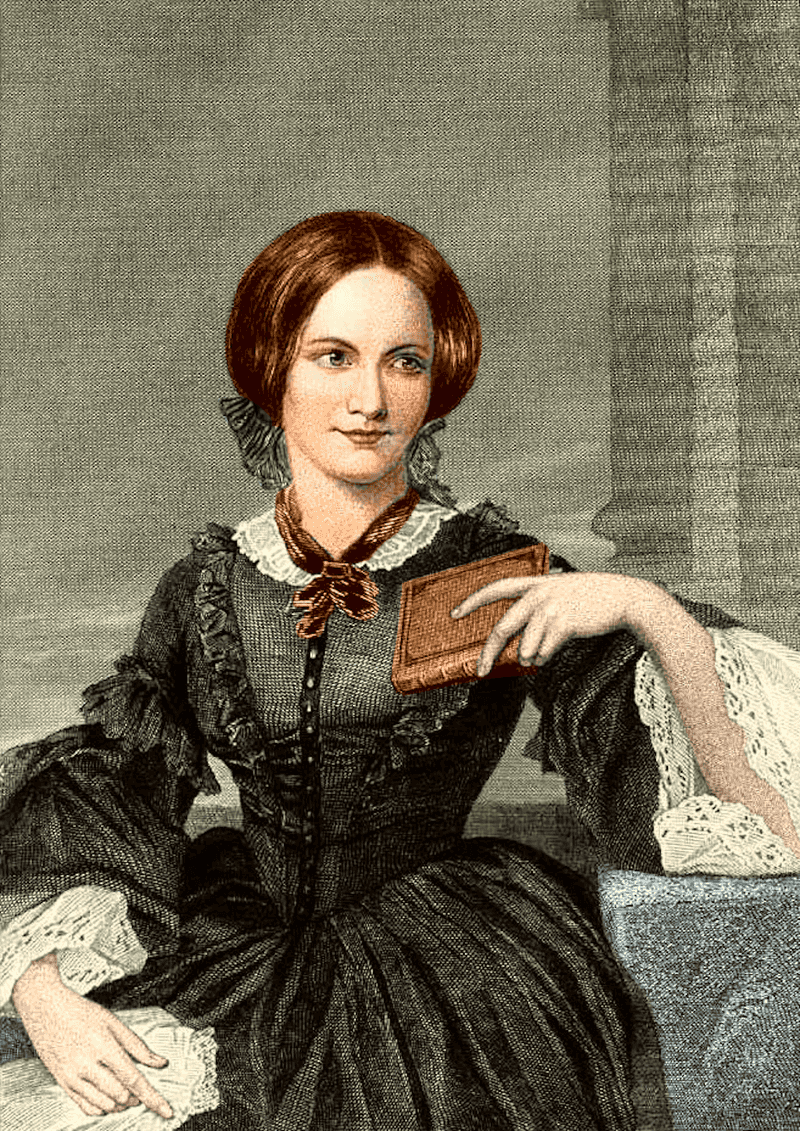
Charlotte’s novel “Jane Eyre” introduced readers to a plain, poor, but fiercely independent heroine who insisted on her own worth. Writing from a remote parsonage in Yorkshire, England, Charlotte and her sisters Emily and Anne created stories filled with passion and psychological depth.
Despite publishing under the masculine pseudonym Currer Bell, Charlotte’s distinctive voice shines through her work. Her characters face difficult moral choices and fight for dignity in a world that undervalues them. Charlotte survived the early deaths of her mother and sisters to become one of the most influential writers of the 19th century.
9. Doris Lessing
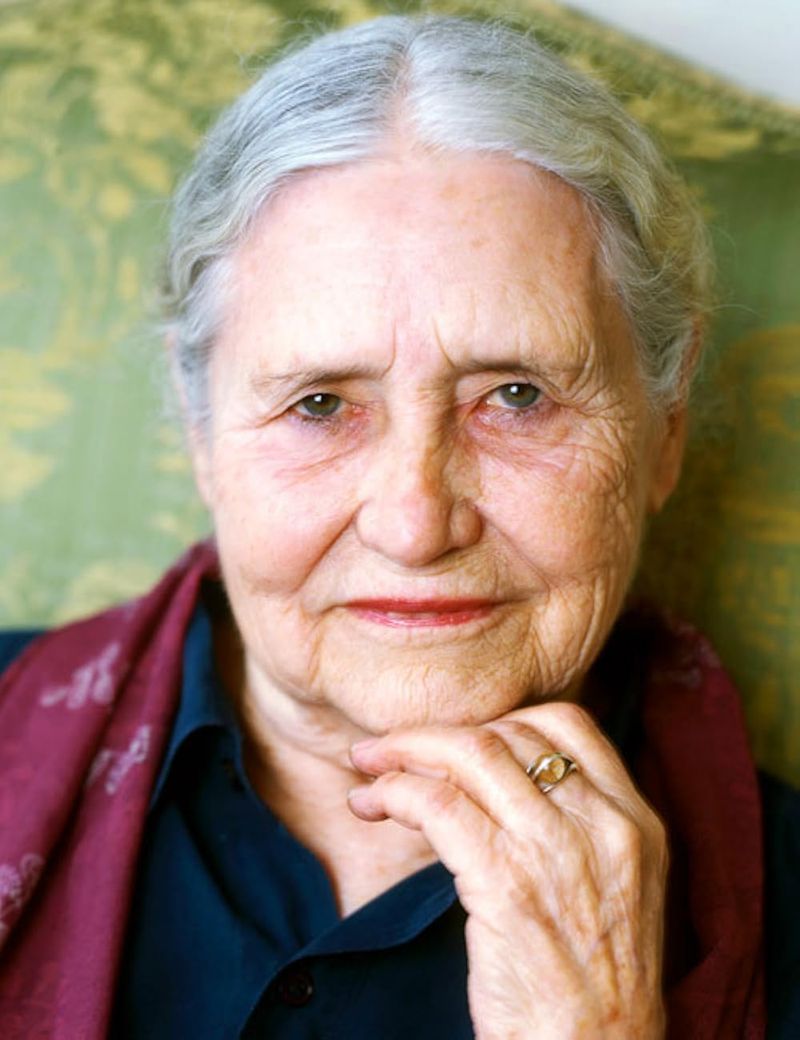
Lessing’s writing spans genres from realism to science fiction, examining politics, gender relations, and mental illness with unflinching honesty. Born in Iran and raised in Zimbabwe (then Southern Rhodesia), her perspectives on colonialism and its aftermath were groundbreaking.
Her novel “The Golden Notebook” became an important feminist text, depicting a woman’s struggle to make sense of her fragmented life. When awarded the Nobel Prize in Literature at age 88, Lessing became the oldest person ever to receive this honor. Throughout her long career, Lessing refused to be pigeonholed, constantly experimenting with new forms and ideas.
10. Mary Shelley
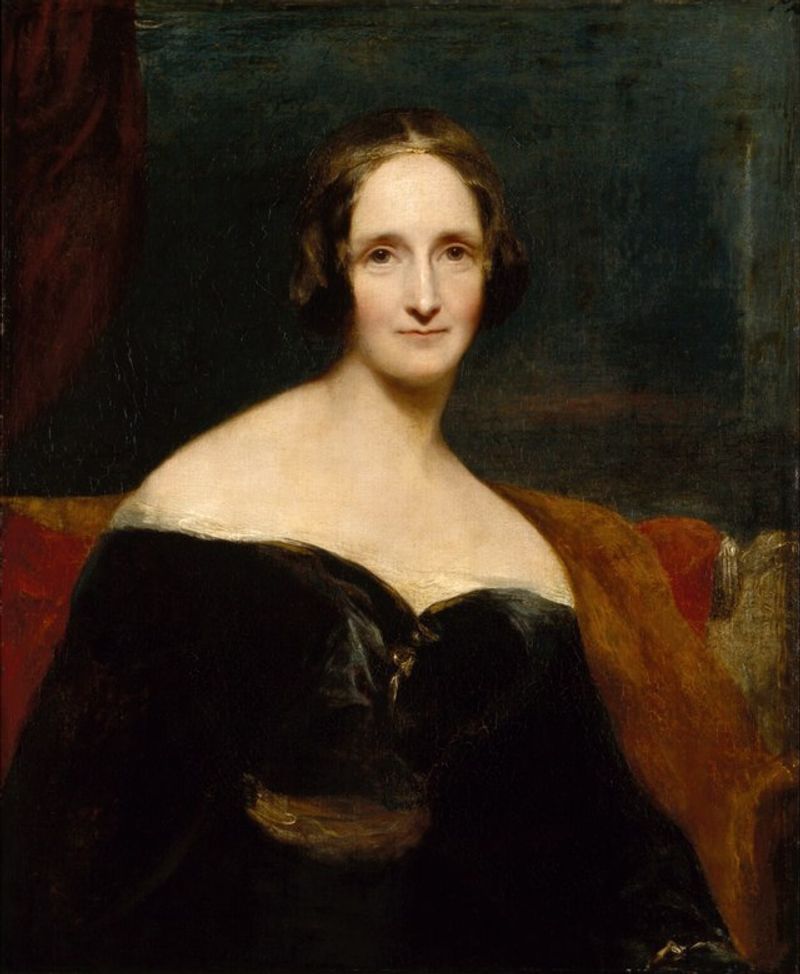
At just 18 years old, Shelley wrote “Frankenstein,” inventing the science fiction genre and creating one of literature’s most enduring monsters. Born to famous intellectual parents, she was steeped in radical political ideas and scientific discoveries from an early age.
“Frankenstein” explores what happens when scientific ambition goes unchecked by moral responsibility. The novel emerged from a ghost story contest during a rainy summer spent with poets Lord Byron and Percy Shelley (whom Mary later married). Beyond her famous monster tale, Shelley wrote several other novels and helped preserve her husband’s poetic legacy after his early death.
11. Angela Carter
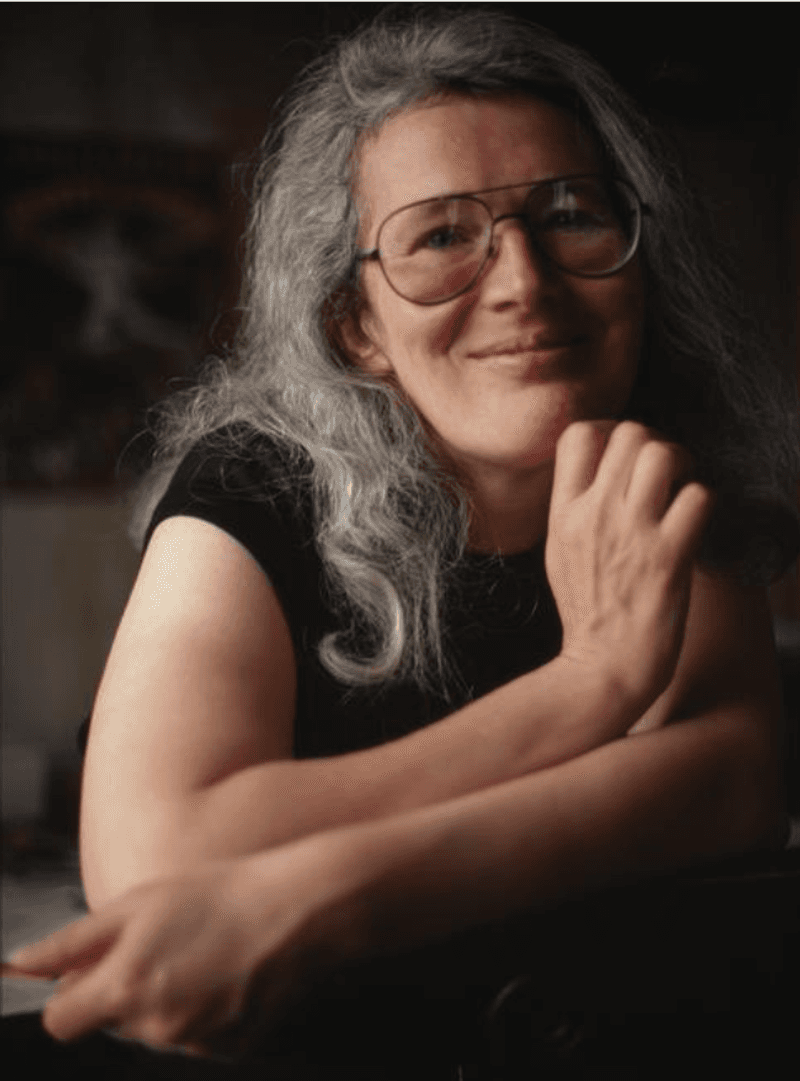
Carter’s magical realist fiction transforms familiar fairy tales into provocative stories about power, sexuality, and transformation. Her collection “The Bloody Chamber” retells classics like “Beauty and the Beast” and “Little Red Riding Hood” from feminist perspectives, giving female characters agency and complexity.
With lush, sensual language, Carter created worlds where boundaries between humans and animals, reality and fantasy blur constantly. Her work challenges readers to question cultural myths about gender and relationships. Though she died relatively young at 51, Carter’s influence on contemporary fiction continues to grow as new readers discover her bold, imaginative writing.
12. Edith Wharton
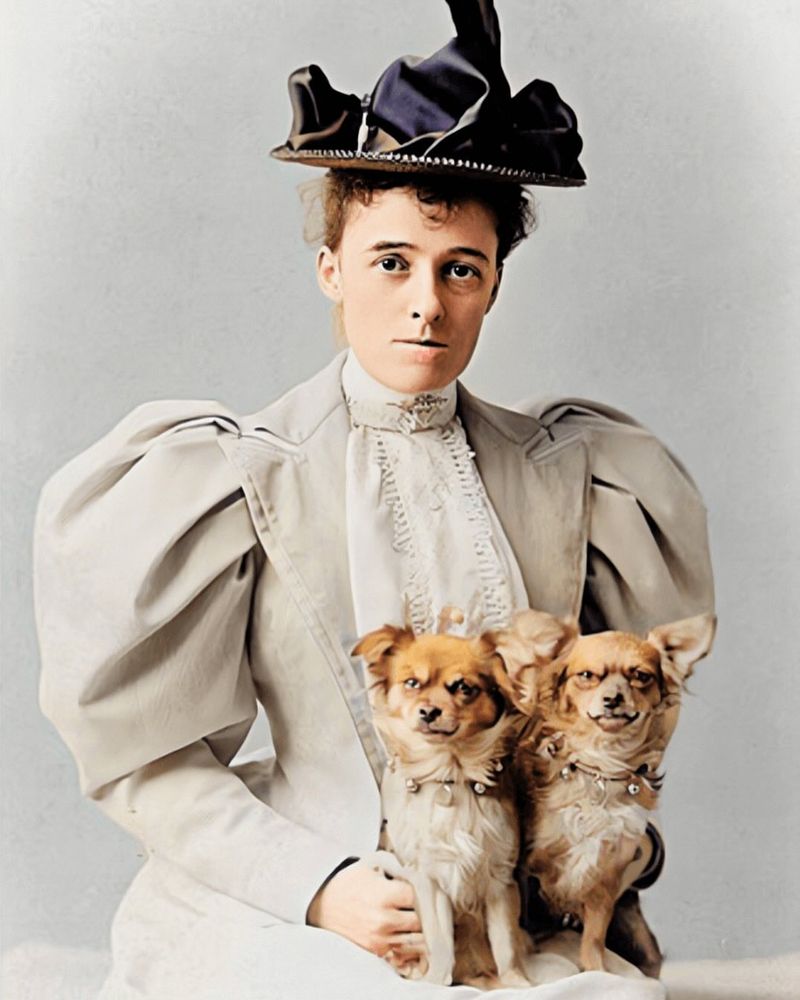
Born into New York high society, Wharton turned her insider knowledge into brilliant novels exposing the rigid social codes and hidden cruelties of America’s upper class. Her masterpiece “The Age of Innocence” won the Pulitzer Prize, making her the first woman to receive this honor.
Despite facing limited options as a woman of her time, Wharton became a professional writer, interior designer, and garden designer. During World War I, she organized relief efforts for refugees in France, where she had made her home. Wharton’s precise observations and elegant prose continue to offer insights into how social pressures shape individual lives.
13. Virginia Woolf
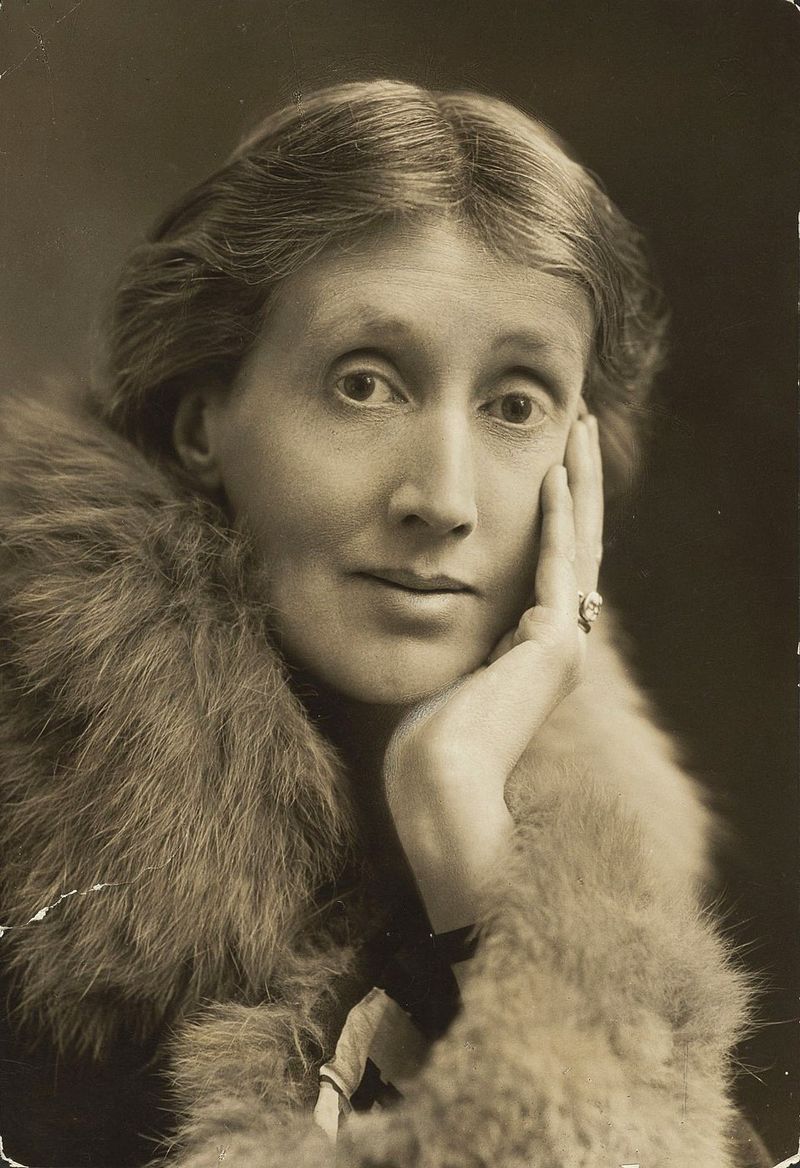
Woolf revolutionized fiction with her stream-of-consciousness technique, capturing the flow of thoughts and impressions that make up human experience. Her novels like “Mrs. Dalloway” and “To the Lighthouse” explore how people perceive time, memory, and each other.
As part of the Bloomsbury Group of artists and intellectuals, Woolf helped shape modernist literature and thought. Her essay “A Room of One’s Own” argues that women need financial independence and private space to create art. Though she struggled with mental illness throughout her life, Woolf’s experimental, poetic prose continues to inspire writers seeking new ways to express consciousness.
14. Alice Walker
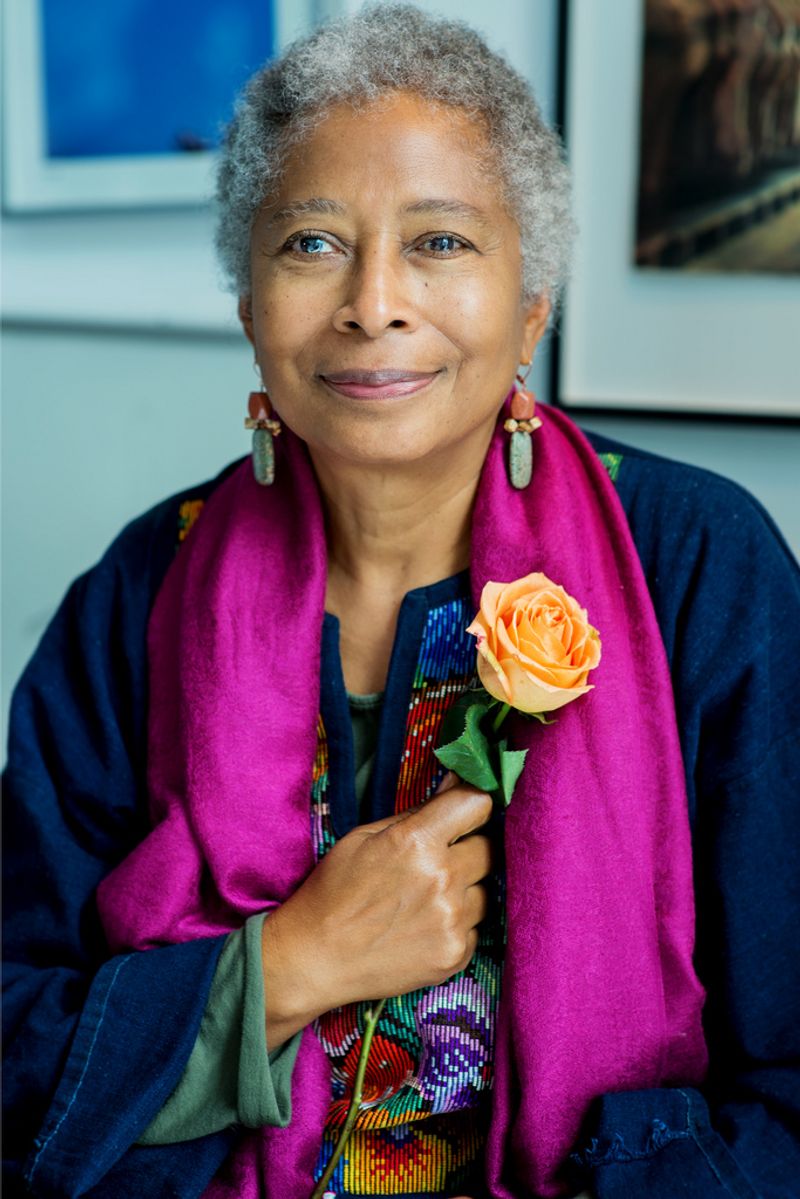
Walker’s novel “The Color Purple” tells the story of Celie, a poor Black woman in the rural South who finds her voice despite abuse and oppression. This powerful book won both the Pulitzer Prize and National Book Award, later becoming a beloved film and musical.
As an activist as well as a writer, Walker coined the term “womanism” to describe Black feminism rooted in the experiences of women of color. Her writing celebrates resilience and the healing power of connection between women. Walker also helped revive interest in Zora Neale Hurston’s work, ensuring this important Black writer wouldn’t be forgotten by literary history.
15. Zora Neale Hurston
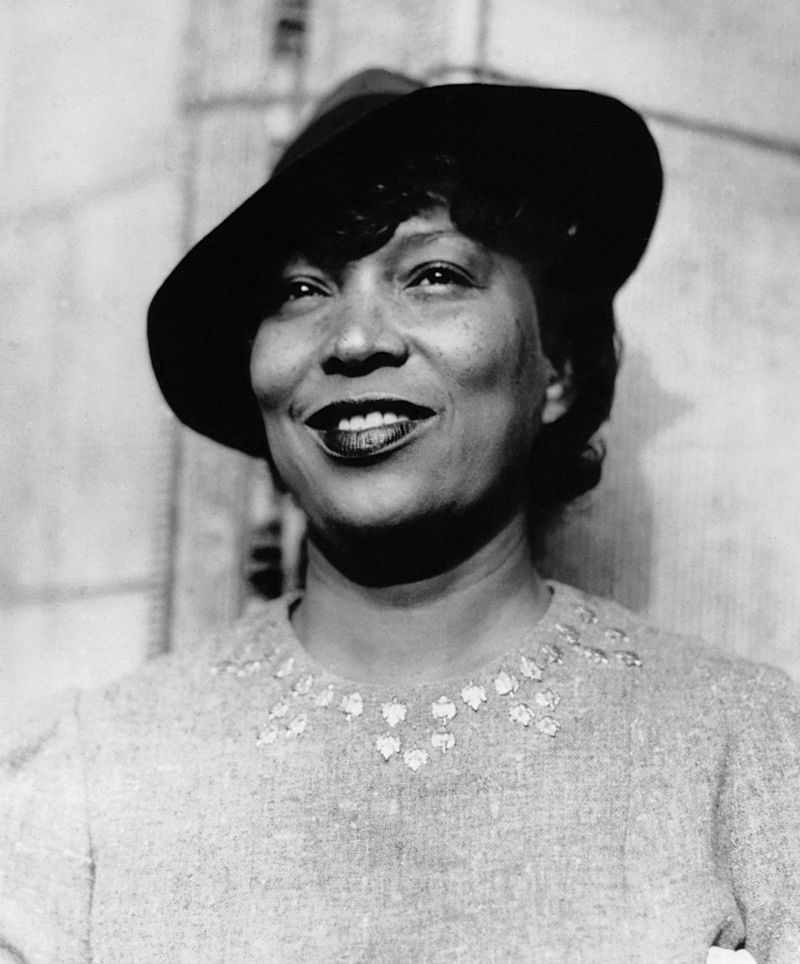
Trained as an anthropologist, Hurston collected folk tales and documented Black cultural traditions while creating vibrant fiction. Her novel “Their Eyes Were Watching God” portrays a Black woman’s journey to self-discovery in language that captures the poetry of African American speech.
During the Harlem Renaissance of the 1920s, Hurston’s work celebrated Black culture rather than focusing only on racial oppression. Sadly, she died in poverty and obscurity, her books out of print. Writer Alice Walker helped revive interest in Hurston’s work in the 1970s, leading to her recognition as one of America’s most important authors.
16. Daphne du Maurier
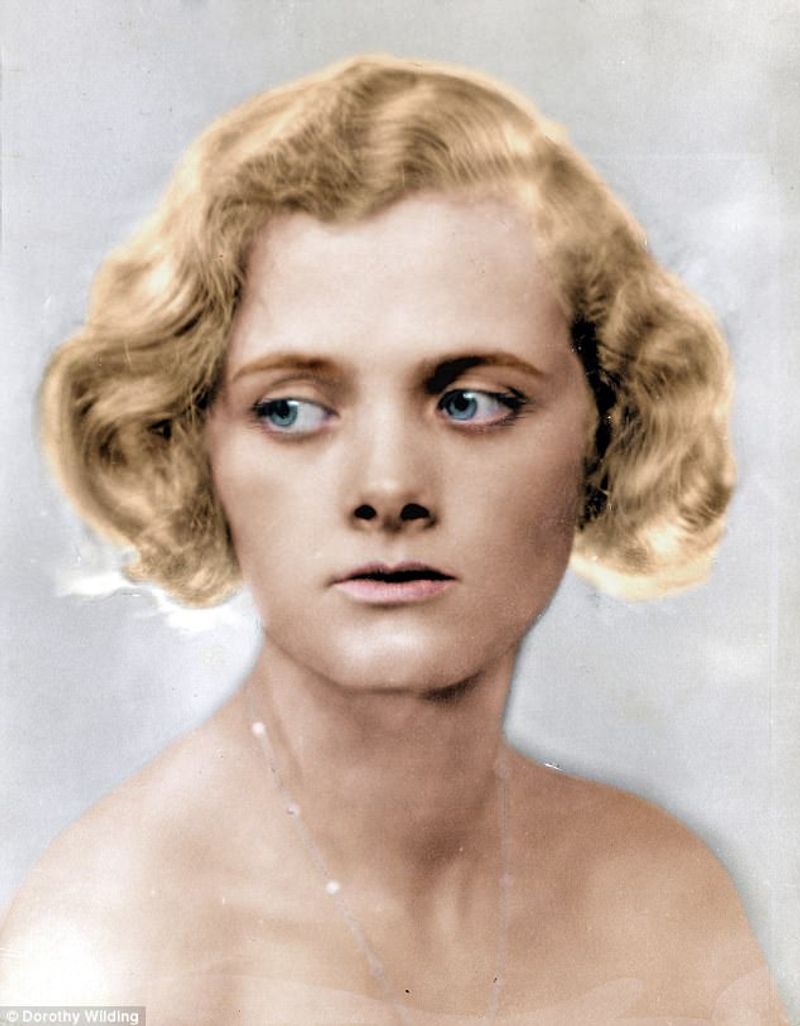
“Last night I dreamt I went to Manderley again.” With this famous opening line from “Rebecca,” du Maurier pulls readers into a world of psychological suspense and gothic atmosphere. Her novels and short stories often explore jealousy, obsession, and the mysterious pull of the past.
Many of du Maurier’s works have become classic films, including Alfred Hitchcock’s adaptations of “Rebecca” and “The Birds.” Though sometimes dismissed as a mere romance writer during her lifetime, critics now recognize her skillful plotting and complex themes. Du Maurier’s Cornwall settings are so vivid they almost become characters in her stories.
17. Harper Lee
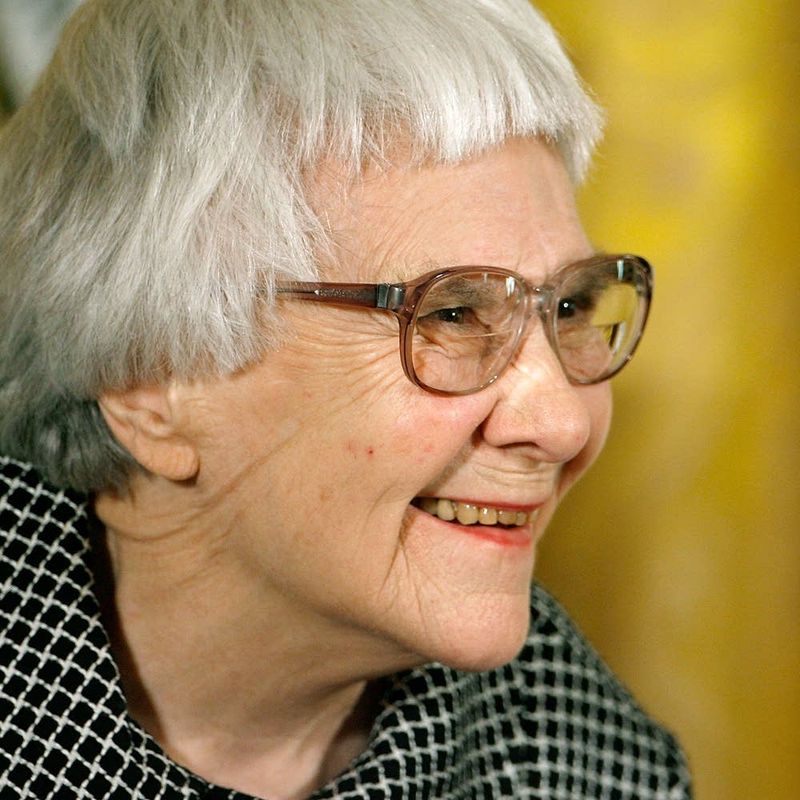
Lee’s single published novel during most of her lifetime, “To Kill a Mockingbird,” became an instant American classic when published in 1960. Through the eyes of young Scout Finch, readers witness racial injustice in a small Southern town and the moral courage of her father, lawyer Atticus Finch.
The book won the Pulitzer Prize and has been translated into more than 40 languages. Many schools include it in their curriculum to spark discussions about prejudice, compassion, and standing up for what’s right. Lee maintained a private life in her Alabama hometown, rarely giving interviews about her famous book.
18. Emily Brontë
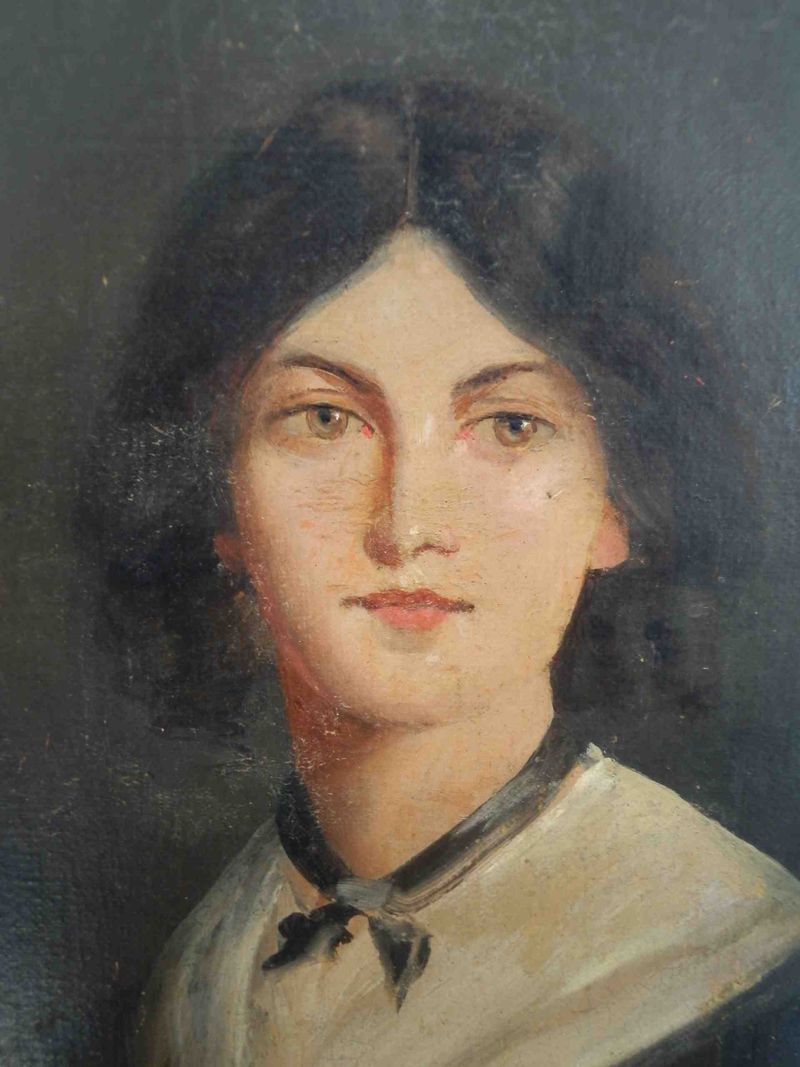
Emily wrote just one novel before her early death at 30, but “Wuthering Heights” remains one of literature’s most powerful love stories. Set on the wild Yorkshire moors, it tells of the destructive passion between Catherine Earnshaw and the mysterious Heathcliff.
Unlike most Victorian novels, “Wuthering Heights” doesn’t offer clear moral lessons or happy endings. Its raw emotion and complex structure shocked readers of its time but now seem surprisingly modern. Emily was also a gifted poet who wrote about nature, spirituality, and imagination with unusual intensity and vision.
19. Margaret Atwood
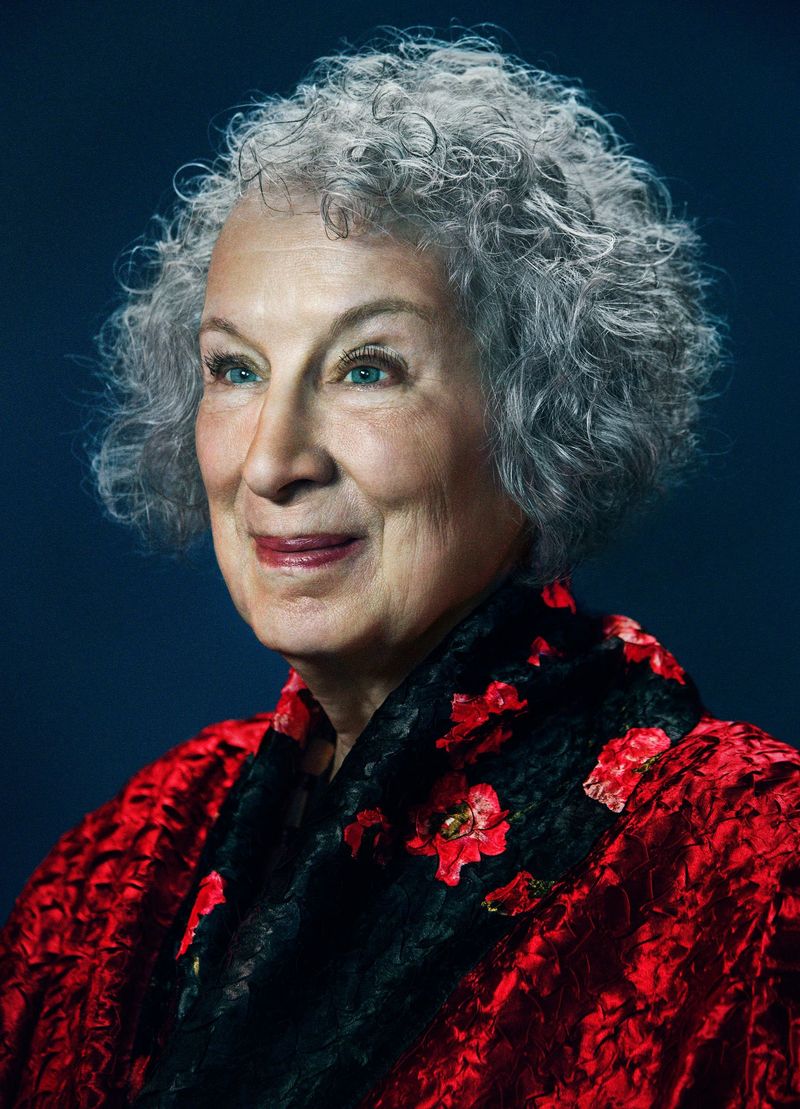
Canadian author Atwood creates disturbingly plausible future worlds that hold up mirrors to our own society. Her novel “The Handmaid’s Tale,” about a theocracy where women are valued only for reproduction, has become a warning symbol in contemporary political debates.
With over 50 books spanning poetry, fiction, criticism, and children’s literature, Atwood continually reinvents herself as a writer. Her sharp wit and environmental concerns run through much of her work. Now in her 80s, Atwood remains a powerful voice on social media, engaging with fans and speaking out on issues from climate change to women’s rights.
20. Simone de Beauvoir
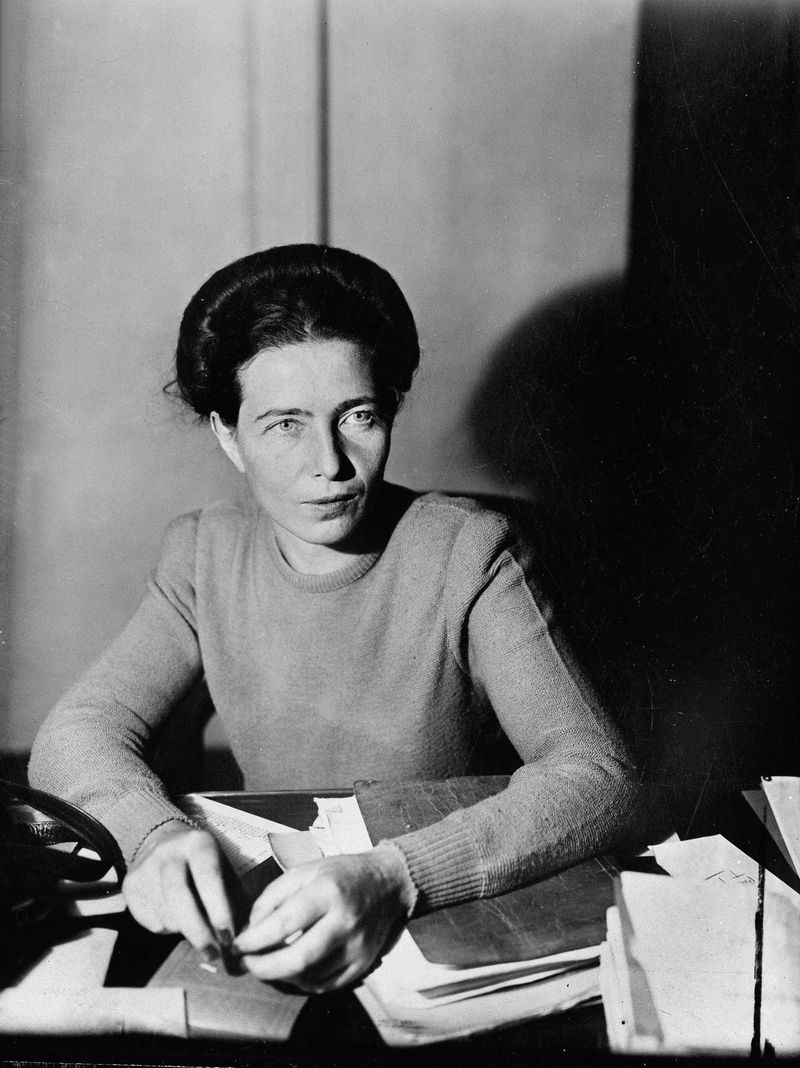
“One is not born, but rather becomes, a woman.” This famous line from de Beauvoir’s groundbreaking book “The Second Sex” challenged the idea that female roles are natural rather than socially constructed. As a leading existentialist philosopher, she explored how freedom and authenticity apply to women’s lives.
Beyond her theoretical work, de Beauvoir wrote novels, memoirs, and travel books that examine human relationships with unflinching honesty. Her long partnership with philosopher Jean-Paul Sartre modeled intellectual equality between men and women. De Beauvoir’s ideas about gender as performance influenced generations of feminist thinkers and activists.

Comments
Loading…